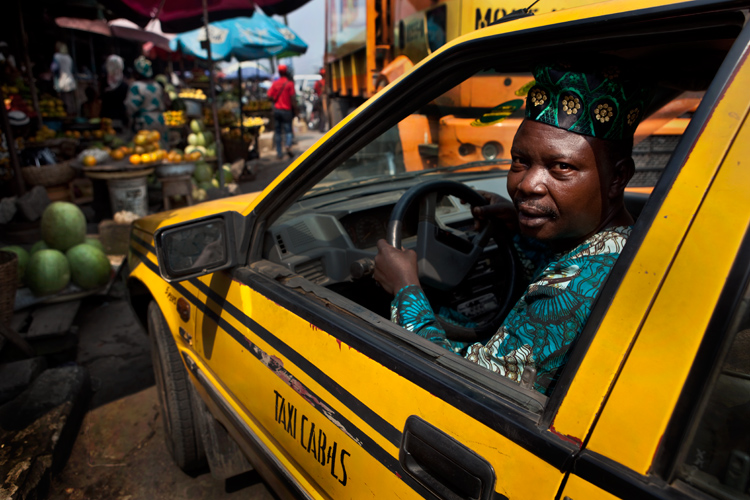
The Lagos State government has announced a total ban on street trading, hawking, building illegal structures on drainage systems, and displaying wares on walkways across the state.
The decision announced by Honourable Commissioner, Ministry of Environment and Water Resources in Lagos State, Tokunbo Wahab on his X handle, came amid Nigeria’s biting economic situation, stirring concern that it will compound crimes in the state.
The decision to ban street hawking and street trading in Lagos is part of a renewed effort to promote a cleaner, safer, and healthier environment, according to Wahab. He added that the measure is intended to address the issue of individuals who engage in criminal activities while posing as hawkers and street traders who disrupt traffic flow on highways and streets.
Register for Tekedia Mini-MBA edition 19 (Feb 9 – May 2, 2026): big discounts for early bird.
Tekedia AI in Business Masterclass opens registrations.
Join Tekedia Capital Syndicate and co-invest in great global startups.
Register for Tekedia AI Lab: From Technical Design to Deployment (next edition begins Jan 24 2026).
To enforce this ban, Wahab has issued directives to the Lagos State Environmental Sanitation Corps (commonly known as KAI) to rigorously enforce compliance with environmental sanitation laws.
However, many Lagos residents are concerned that the measure will hinder a lot of people from making a living, forcing them into crime. Most of the street hawkers depend on their daily earnings to feed.
Meanwhile, the Commissioner also issued an immediate closure order for Ladipo Market in Mushin due to numerous environmental violations. These offenses include reckless waste disposal, unclean premises, and failure to pay waste bills, among others.
The market will remain closed until traders and market stakeholders meet the mandatory conditions for rectification. The commissioner said this action is part of ongoing initiatives to promote compliance in markets throughout the state. He emphasized the importance of environmental hygiene within marketplaces.
“It is imperative that markets in the state adhere strictly to environmental laws and regulations put in place for the well-being of residents. The closure of Ladipo Market serves as a stern reminder that no entity, regardless of its size or influence, is above the law.”
He reiterated the state government’s strong commitment to working in partnership with market stakeholders to facilitate the essential changes and enhancements required to meet the prescribed environmental standards. He emphasized that the market would not resume operations until these established standards were satisfactorily met.
“Ladipo Market, a prominent hub for automotive spare parts and related services, has been a focal point for environmental concerns due to various activities that contravene established regulations. LAWMA’s intervention is a significant step towards rectifying these issues and bringing the market to compliance”.
The closure of Ladipo Market mirrors previous actions taken against Oyingbo, Alayabiagba, Oke-odo markets, and specific sections of Tejuosho Market, all for repeated violations. These decisions reflect the state government’s steadfast dedication to reinstating environmental orderliness within the state.



